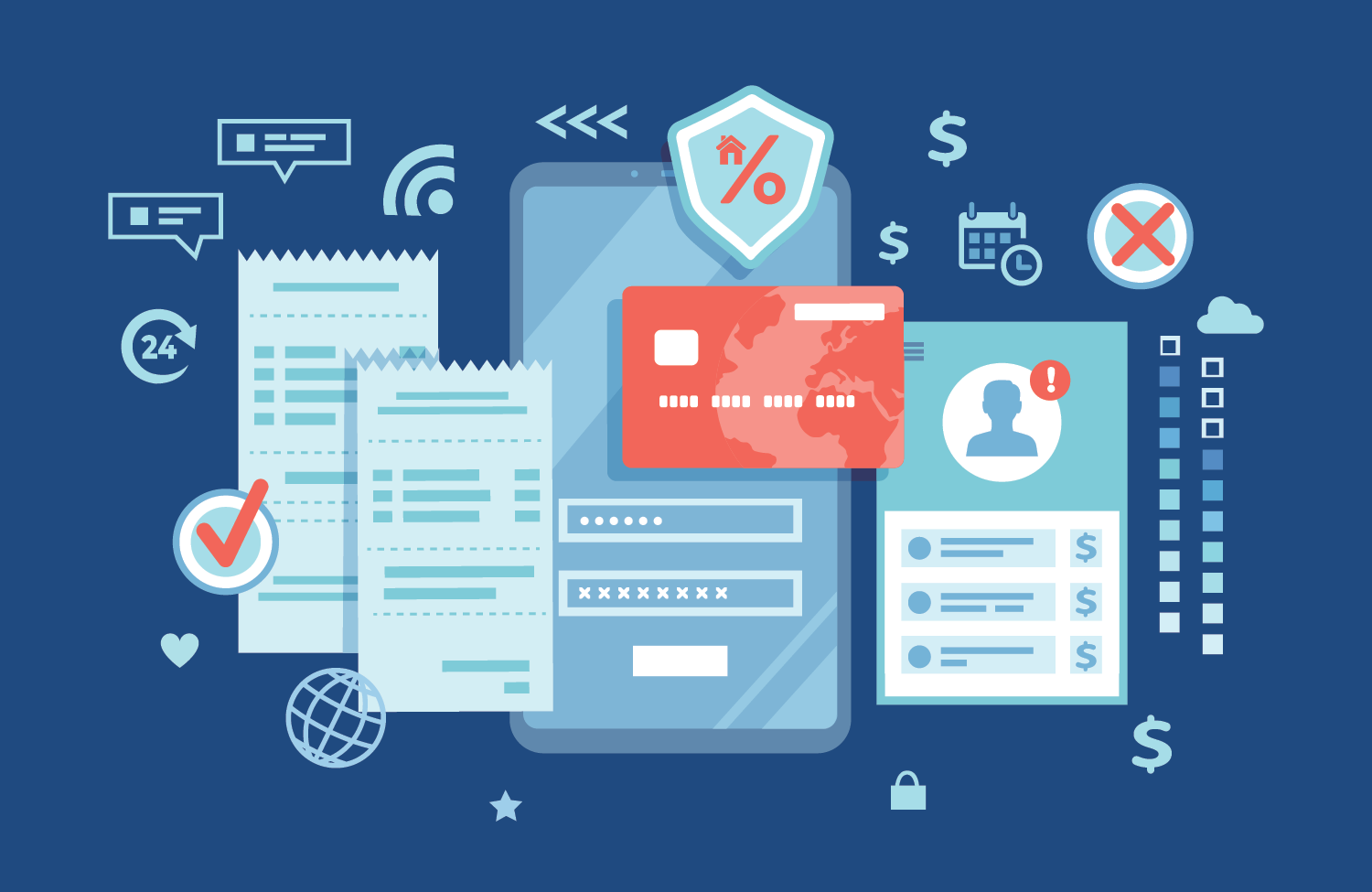
Can I Pay My Mortgage with a Credit Card?
In today’s increasingly digital world, the idea of paying your mortgage with a credit card might seem appealing. After all, credit cards offer convenience and rewards that can make payments seem more manageable. But is it really a viable option? The majority of mortgage lenders prohibit direct credit card payments to avoid incurring transaction fees. Plus, most lenders discourage the idea of paying one debt by taking on another, especially since it is likely at a higher interest rate.
However, there are ways to eventually make your mortgage payment with a credit card, such as using third party online bill pay services like Plastiq. However, you’ll have to pay a 2.9% processing fee, and there are additional limits and restrictions. You could also purchase a pre-paid gift card to purchase a money order, and then use the money order to pay your mortgage.
Let’s dive into the pros and cons of paying your mortgage with a credit card to help you make an informed decision.
Pros:
Before proceeding, it’s advisable to check with a financial advisor, review your credit card terms and conditions, and assess your financial situation to ensure that paying your mortgage with a credit card aligns with your long-term financial goals.
Advertised mortgage company is a mortgage lender and not a financial advisor, credit repair or consumer credit counseling company. Advertised mortgage company does not provide investment, tax or legal advice, and does not directly provide services or assistance repairing, modifying, improving or correcting credit.
However, there are ways to eventually make your mortgage payment with a credit card, such as using third party online bill pay services like Plastiq. However, you’ll have to pay a 2.9% processing fee, and there are additional limits and restrictions. You could also purchase a pre-paid gift card to purchase a money order, and then use the money order to pay your mortgage.
Let’s dive into the pros and cons of paying your mortgage with a credit card to help you make an informed decision.
Pros:
- Rewards and Benefits: Many credit cards offer rewards programs, cashback, or travel miles. By using your credit card to pay your mortgage, you could potentially earn rewards that can offset other expenses. However, if the rewards do not outweigh the processing fees, this may not be a valuable benefit to you.
- Financial Flexibility: Paying with a credit card might provide you with some financial flexibility, allowing you to manage your cash flow better in months when funds are tight. Ensure that you can still pay your bill at the end of the month. Paying extra credit card interest on your mortgage payment could erase any rewards you earn.
- Building Credit Score: Consistently making on-time mortgage payments using your credit card can contribute positively to your credit history and potentially improve your credit score.
- High Fees: Many third-party sites or workarounds charge processing fees for credit card payments, which can add to your overall cost.
- Interest Rates: Credit card interest rates are typically higher than mortgage rates. If you carry a balance, you could end up paying more in interest over time.
- Limited Acceptance: There may be restrictions or limitations on the types of cards you can use.
- Risk of Debt: Relying on credit cards to pay essential bills like your mortgage can lead to accumulating debt if you’re not careful.
- Credit Utilization Impact: Using a significant portion of your credit limit to pay your mortgage can negatively impact your credit utilization ratio, potentially affecting your credit score.
- Potential for Missed Payments: If you forget to make your credit card payment or exceed your credit limit, you could face late fees and potential damage to your credit score.
Before proceeding, it’s advisable to check with a financial advisor, review your credit card terms and conditions, and assess your financial situation to ensure that paying your mortgage with a credit card aligns with your long-term financial goals.
Advertised mortgage company is a mortgage lender and not a financial advisor, credit repair or consumer credit counseling company. Advertised mortgage company does not provide investment, tax or legal advice, and does not directly provide services or assistance repairing, modifying, improving or correcting credit.
